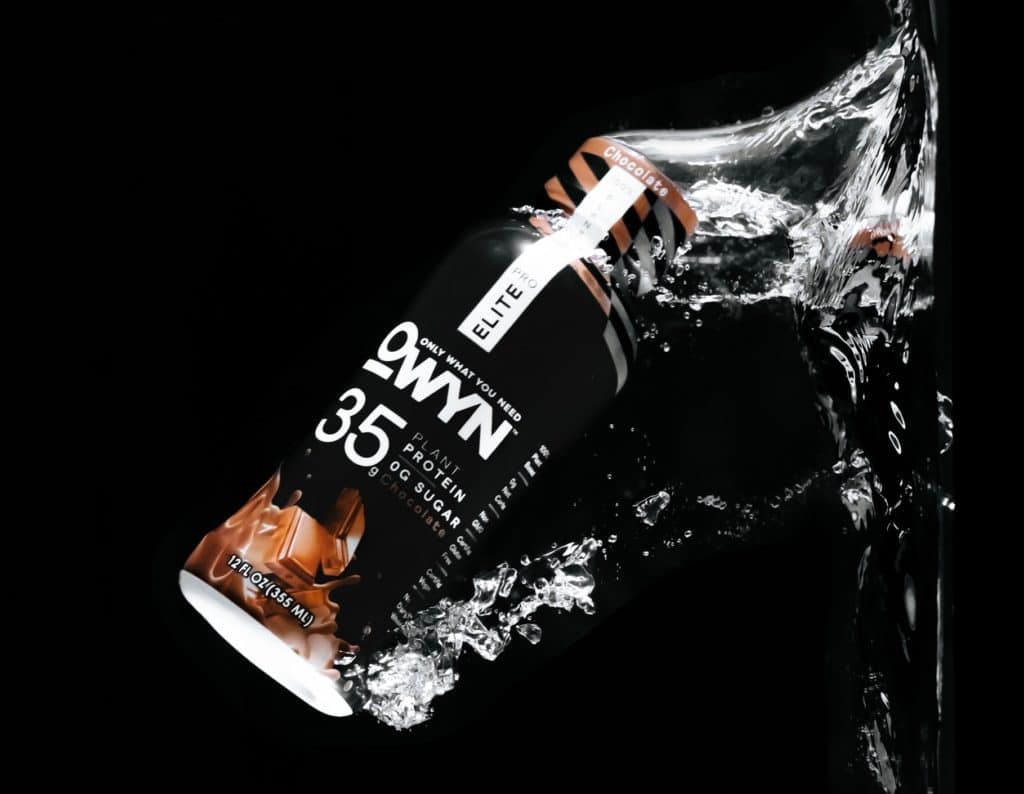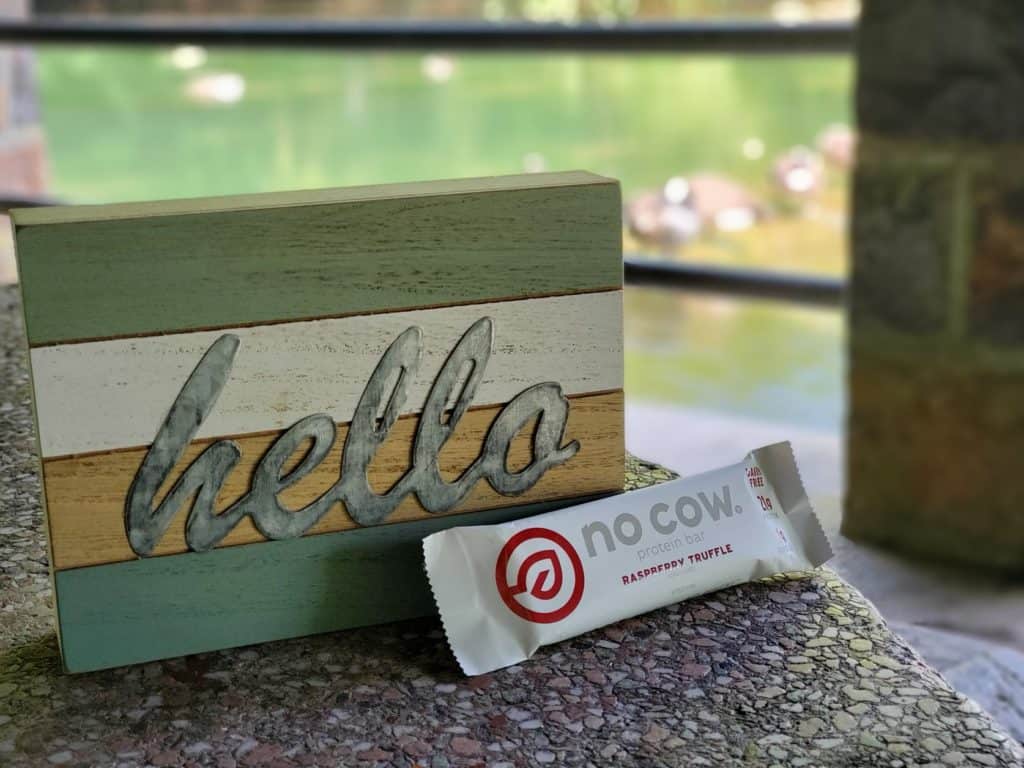
Protein supplements are a convenient way to help one reach the daily protein requirements needed to optimally build muscle and recover from workouts. Protein bars and protein shakes are far more mainstream than in years past, when they were only used by diehard bodybuilders.
Part of what’s helped growth in the popularity of protein supplements are the vast improvements in flavoring technology. Protein bars used to have the consistency (and quite frankly taste) of a brick. Nowadays they can be legitimately confused with actual candy bars.
People are also more aware of the importance of overall protein intake with regard to health. Protein is not only important for muscle growth, but also immune health and the integrity of skin, hair, nails, ligaments, and tendons.
Even a person that does not work out would likely benefit from additional protein in their diet; as many people fail to reach the recommended daily intake. Keep in mind that the recommended daily intake, or RDI, is the bare minimum for basic function, not an optimal amount.
It’s important to note that there are quite a few differences between protein bars and protein shakes. The question is not really which is better, more so which is more appropriate for your specific needs.
Protein Shakes Are Leaner Than Protein Bars
While protein shakes vary in their macronutrient content, they generally have fewer calories than protein bars.
Weight gainer shakes will obviously have more calories than a standard protein bar, as the purpose of this particular shake is to help an individual gain weight.
Protein powders like whey, whey isolate, whey hydrolysate, and casein have minimal carbohydrates and fats per serving. They are basically 100% protein. This can be advantageous for a variety of reasons.
People looking for a lean protein supplement have a multitude of options when it comes to protein powder. There are literally dozens of brands that offer a lean protein shake in a variety of flavors. Even ready-to-drink (RTD) protein shakes have lean macros that can fit into most diets.
Those looking for something that can pack on calories can still pick up a lean protein powder and add their own ingredients. This gives the individual full control over the nutrition content of their shake. Certain situations may call for different nutrient needs; having a lean protein powder serves as a steady baseline with tons of customizable combinations.

Protein Bars Can Be More Convenient
Some protein shakes, particularly those with milk based ingredients, require refrigeration while bars only need to be kept in a reasonable temperature. People using protein powders will have to mix a protein shake beforehand or have the necessary means to mix it on the road (shaker bottle, water, etc.)
A convenience store or supermarket is likely to have both on hand; however it is far more likely that there will be greater protein bar options.
Both Can Serve As Meal Replacements
A supplement that constitutes a meal replacement will be based on the nutrition it provides. Obviously, a meal replacement supplement will have to offer the same nutrition as a balanced meal, containing ample protein, fat, carbs, vitamins, and minerals.
Most protein bars by nature can serve as a meal replacement. The calorie count on the average protein bar will range from 200-400. As mentioned, protein powders vary far more. Luckily, meal replacement protein powders are labeled as such so a novice supplement user can easily identify one.
In a situation where the difference isn’t evident, there are a few key things to look for when discerning between a regular protein shake and a meal replacement.
Protein Quality
A dirty reality within the supplement industry is the low level of regulation and minimal barriers to entry for companies to get into the marketplace. While it isn’t like the days of old where there were legitimately (now) illegal performance enhancing products on store shelves, it still isn’t terribly difficult to skate by with low quality products.
Some companies go through rigorous testing, which is usually denoted on the label of the product. Since these tests are not cheap, naturally they would want to brag about it. As they should, a company should always stand by the quality of their supplements.
However, those with knowledge of the supplement industry are aware of the numerous scandals related to certain products, notably protein.
The first is related to the infamous protein spiking that occurred in a variety of popular protein powders years ago. In the body, protein is broken down into individual amino acids. Therefore, when a product contains individual amino acids, it technically counts toward the total protein on the label.
However, a consumer should expect to get a wide variety of amino acids within their protein product. After all, all essential amino acids are required to build and repair muscle, not just one or two.
What occurred during the protein spiking era were companies having a protein supplement that contained, for example, 25 grams of protein per serving. However, within those 25 grams may have been 8-10 grams of the amino acid Taurine. Why Taurine? Because it’s cheap.
There is nothing wrong with Taurine, but as mentioned you need all the amino acids for muscle growth. Having a disproportionate amount of one compared to the others won’t do much good.
Luckily, consumers have wised up to these practices and have publicly called out these companies on websites and forums. It seems that this protein spiking practice has stopped for the most part.
The quality issue with protein bars was a bit different. Certain bars were found to have far less protein, and far more carbohydrates and fats than listed on the label. This is doubly offensive since you are basically paying $3-4 for something that is no better nutritionally than a candy bar.
As someone who had worked in the supplement industry for many years, I can’t help but feel skeptical about some of the products on the market. Between the two, chalk it up to no more than intuition, I would tend to trust protein powders and protein shakes more than protein bars in terms of nutrition label accuracy.
Conclusion
While most nutrition experts would argue that nothing beats nutrient dense whole foods, the reality is that people won’t be able to prepare and eat 3-5 healthy meals per day. They will turn to protein supplements to hit their daily protein macronutrient needs.
While both serve a function, protein shakes are typically easier to fit into the diet and customize based on an individual’s needs. Protein bars, on the other hand, tend to be more readily available in grocery stores around the world.
Recent Posts
Stretching Before Workouts: Essential Warmup or Performance Killer
“Don’t stretch before workouts, your muscles become too supple” “Stretch before your workouts, warming up is important” It's conflicting advice like this that drives people crazy,...
Best Protein Bar For the Money | Cost Effective, High Quality
Protein bars are no longer a supplement dedicated to diehard gym rats, with awful taste and the consistency of a brick. Men, women, and even teenagers can commonly be seen eating protein bars. The...
